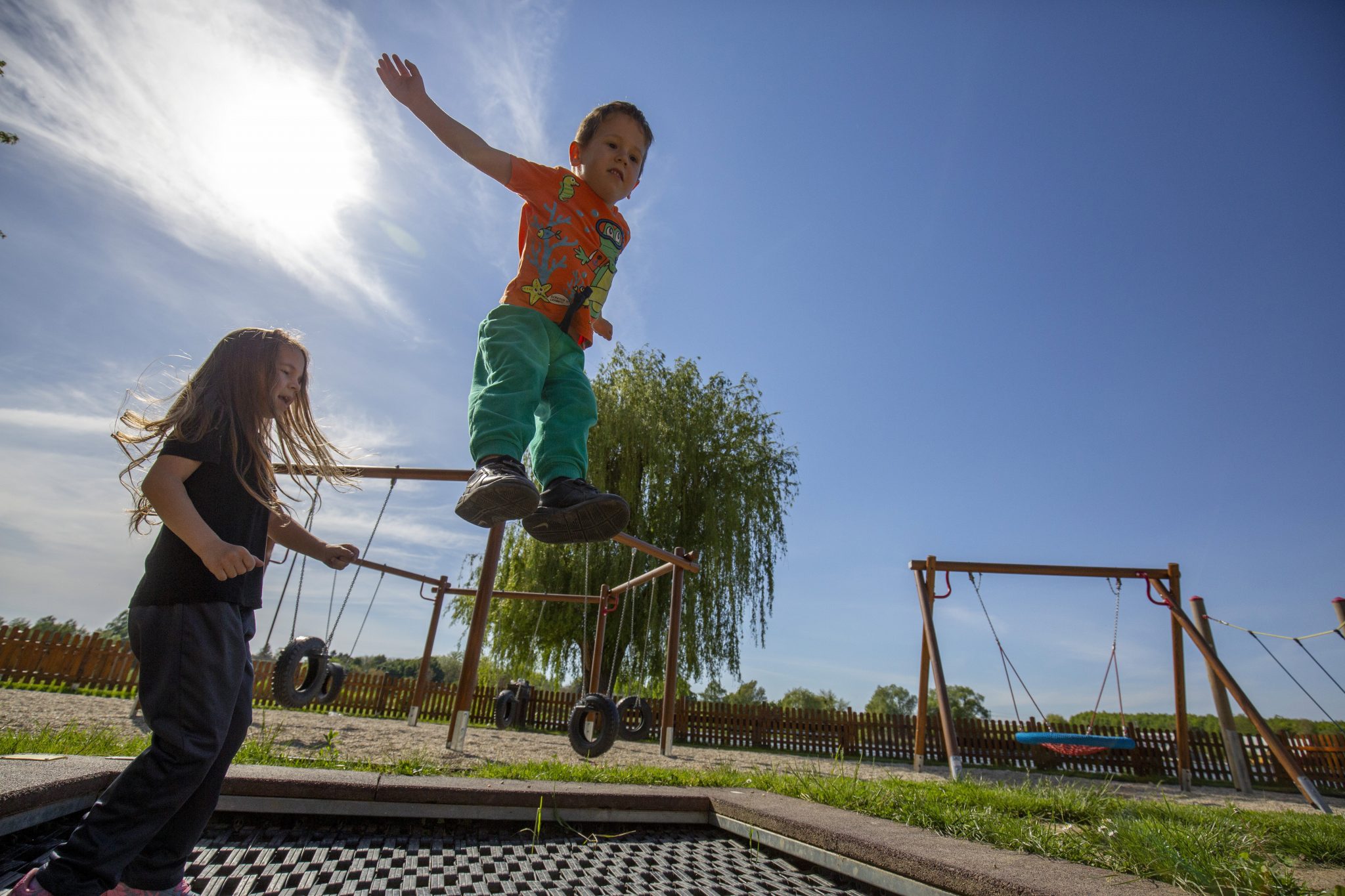
One out of seven in the 10-19 age group reports frequent anxiety, while almost one in five reported persistent depression and a lack of motivation, the organization said.Continue reading
By now, many lasting physical difficulties that can come with COVID-19 are known. However, the pandemic also attacks on another level. The Vadaskert Child and Adolescent Psychiatric Hospital and Special Outpatient Clinic is full, with an increase in the number of children with mental health problems, as revealed in a statement sent out by the institution on Tuesday morning.
This year, the number of cases has risen by 40 percent compared to the autumn of 2019, before Covid.
So far in autumn 2021, the institution has received 1,910 cases, compared to “only” 1,360 in the same period in 2019. The number of cases of attention deficit disorder has risen from 613 to 857, and the number of children with obsessive thoughts who need treatment has risen from 30 to 60. The psychological effects of the coronavirus, according to experts, mainly affect teenagers, among whom there are many “self-harmers” who cause minor or even serious injuries to themselves.
“The number of children in our classrooms who are self-harming has increased by leaps and bounds. They are typically not self-harming because they want to throw their lives away, but rather to vent tension and frustration. But there are also many young people who attempt suicide or have suicidal thoughts.
There are currently 500 people waiting for an appointment at the outpatient clinic and the number is growing,”
said Zsanett Tárnok, director of the Vadaskert Foundation.
The pandemic has acted as a catalyst for the problems faced by adolescents and families, and the already existing problems are compounded by the uncertainty and crisis.”
Adolescents are having a harder time because they are old enough to be aware of the tensions and are at a critical stage in their lives anyway,” added Tárnok.
However, as the pandemic has been going on for a while now, its negative impact was already felt last year. But the start of autumn this year has broken all previous records.
“We treated a child whose parents had locked him in his room for three weeks with no contact at all because he was infected. The lack of physical contact can cause very serious difficulties, but returning to school is also a major source of stress,” said Dr. Nikolett Szolnoki, a specialist in child and adolescent psychiatry at Vadaskert, adding that “the rise in the number of serious cases is particularly worrying. Acute cases are arriving day and night.”
The negative impact of the coronavirus on the mental health of young people has recently been highlighted by UNICEF as well, about which we have also reported.
Featured image: illustration via the Vadaskert Foundation for Children’s Mental Health’s Facebook page